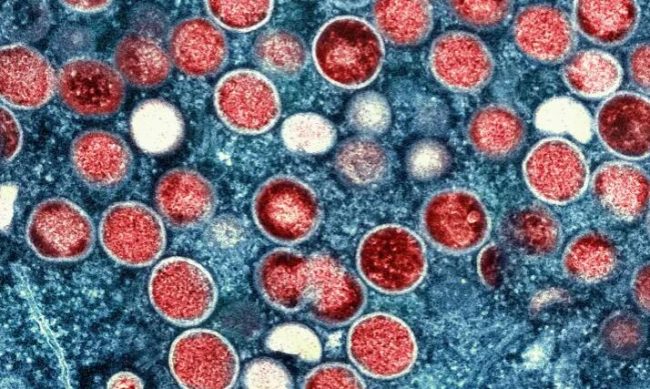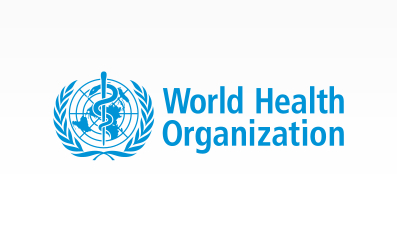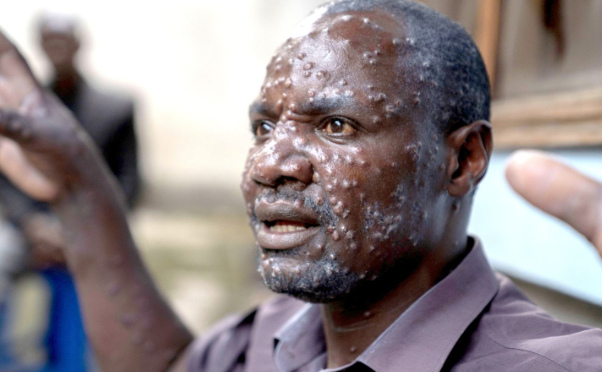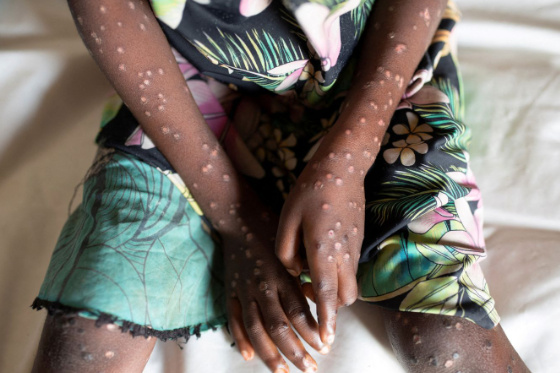Mpox Outbreak: A Global Concern

Mpox is formerly known as monkeypoxand it has re-emerged as a significant global health concern. The World Health Organization (WHO) declared it a Public Health Emergency of International Concern (PHEIC) on August 14, 2024, due to the escalating outbreak in the Democratic Republic of Congo and its potential spread to other countries.
The WHO’s decision highlights the seriousness of the situation and calls for a coordinated global response. The primary focus remains on the Democratic Republic of Congo, where the disease has caused significant mortality. While the current outbreak is centered in Africa, there is a risk of it spreading to other regions, as demonstrated by previous outbreaks.

Efforts are underway to increase vaccine access, particularly for lower-income countries, to mitigate the impact of the outbreak. There are still gaps in knowledge about the virus, including its transmission dynamics and the effectiveness of current prevention and treatment measures. As with previous outbreaks, there’s a risk of stigma and discrimination against affected individuals and communities.

In May 2022, cases of mpox began to appear in multiple countries outside of Africa, primarily in Europe and North America. This was unusual because previously, mpox outbreaks were typically confined to African countries.

Many countries, especially in Africa, face challenges in responding to outbreaks due to limited healthcare resources. The mpox outbreak has been a reminder of the importance of global health surveillance and the potential for diseases to spread beyond their traditional boundaries in an increasingly interconnected world.

